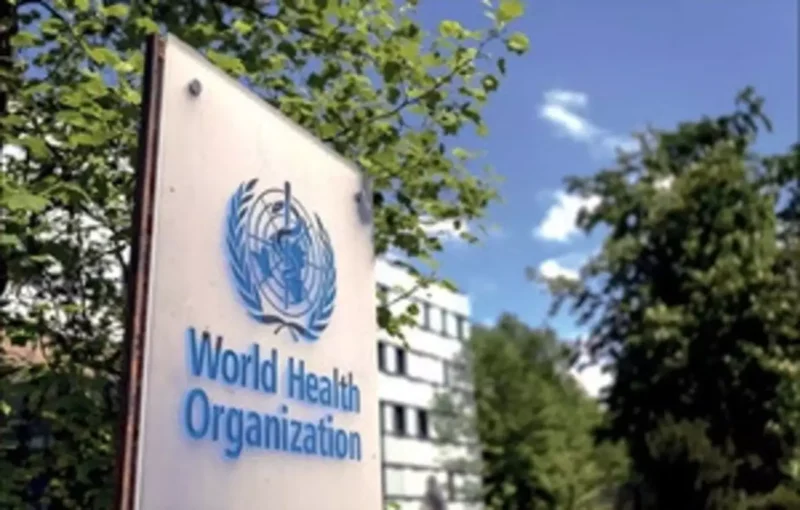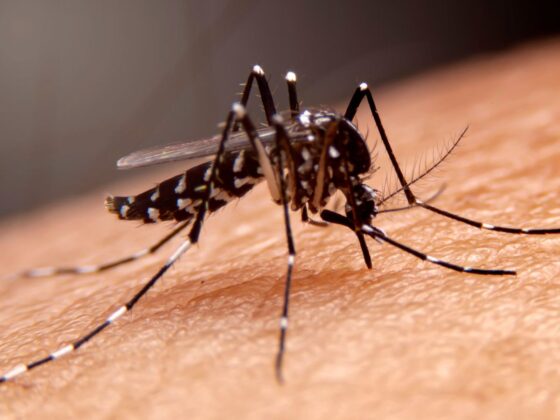New Delhi, 09 December 2024: The Democratic Republic of the Congo (DRC) is grappling with an alarming outbreak of a mysterious flu-like illness, which has claimed multiple lives and caused widespread concern among local communities and international health experts. The World Health Organization (WHO) has stepped in to assess the situation, sending a team of specialists to the affected regions to identify the illness and contain its spread.
A Growing Health Crisis in the DRC
The unidentified illness has primarily been reported in remote areas, where healthcare infrastructure is limited. Patients have exhibited symptoms such as high fever, severe fatigue, persistent cough, muscle pain, and respiratory distress. In severe cases, the illness has led to organ failure, raising fears that this could be a novel or highly mutated pathogen.
Local healthcare systems, already burdened by recurring outbreaks of diseases like Ebola and cholera, are struggling to cope with the surge in cases. Hospitals and clinics are overwhelmed, with many reporting a lack of essential medical supplies and trained personnel to manage the crisis.
WHO Mobilizes Emergency Response
The World Health Organization has classified the situation as a potential health emergency, deploying a team of epidemiologists, virologists, and public health experts to investigate the outbreak. Their primary objectives include identifying the pathogen, tracing its origins, and implementing measures to control its spread.
Initial findings suggest that the illness could be caused by a respiratory virus, possibly exacerbated by environmental factors or co-infections with other endemic diseases. However, further laboratory testing and genomic sequencing are needed to confirm these theories.
The WHO has also called for global cooperation, urging countries to remain vigilant and support the DRC’s efforts through funding, medical supplies, and expertise.
Challenges in Containing the Outbreak
Containing the outbreak presents significant challenges. The remote and underdeveloped regions affected by the illness make it difficult to implement effective surveillance and containment strategies. Poor road networks and communication systems delay the transport of medical samples to laboratories for testing.
Additionally, misinformation and fear among local populations have hindered response efforts. Many residents are skeptical of healthcare workers, recalling the stigma and mistrust that accompanied previous outbreaks like Ebola. Public health campaigns are underway to educate communities about the illness and encourage cooperation with medical teams.
Potential Global Implications? What WHO Has To Say
The spread of this flu-like illness has raised alarms about the potential for a global health crisis. In an interconnected world, diseases that emerge in one region can quickly cross borders through travel and trade. Experts fear that if the illness remains unidentified and unchecked, it could spread to neighboring countries and beyond, particularly through urban centers with high population densities.
The WHO has advised countries to strengthen their disease surveillance systems and prepare for potential cases. Airports and border checkpoints are being monitored for individuals showing symptoms of the illness, and public health agencies worldwide are on high alert.
Lessons from Previous Outbreaks: WHO
This mysterious illness in the DRC highlights the importance of lessons learned from past outbreaks like SARS, MERS, and COVID-19. Rapid identification of the pathogen, transparent communication, and international collaboration are critical in preventing a localized outbreak from escalating into a pandemic.
It also underscores the urgent need for investments in global health security. Strengthening healthcare infrastructure in vulnerable regions, improving diagnostic capabilities, and ensuring equitable access to vaccines and treatments are essential to combating emerging infectious diseases.
The outbreak in the DRC is a stark reminder of the persistent threat posed by infectious diseases, particularly in regions with fragile healthcare systems. While the world waits for more information about the mysterious flu-like illness, it is crucial for governments, organizations, and individuals to take proactive steps to support the response efforts.
Increased funding for global health initiatives, bolstering local healthcare capacities, and fostering international solidarity are vital to managing this crisis and preventing future outbreaks. For now, the focus remains on identifying the illness and curbing its spread to save lives and avert a broader catastrophe.
The DRC’s struggle with this mysterious illness is not just a national crisis but a global challenge, reminding us of the shared responsibility to prioritize health security in an increasingly interconnected world.











